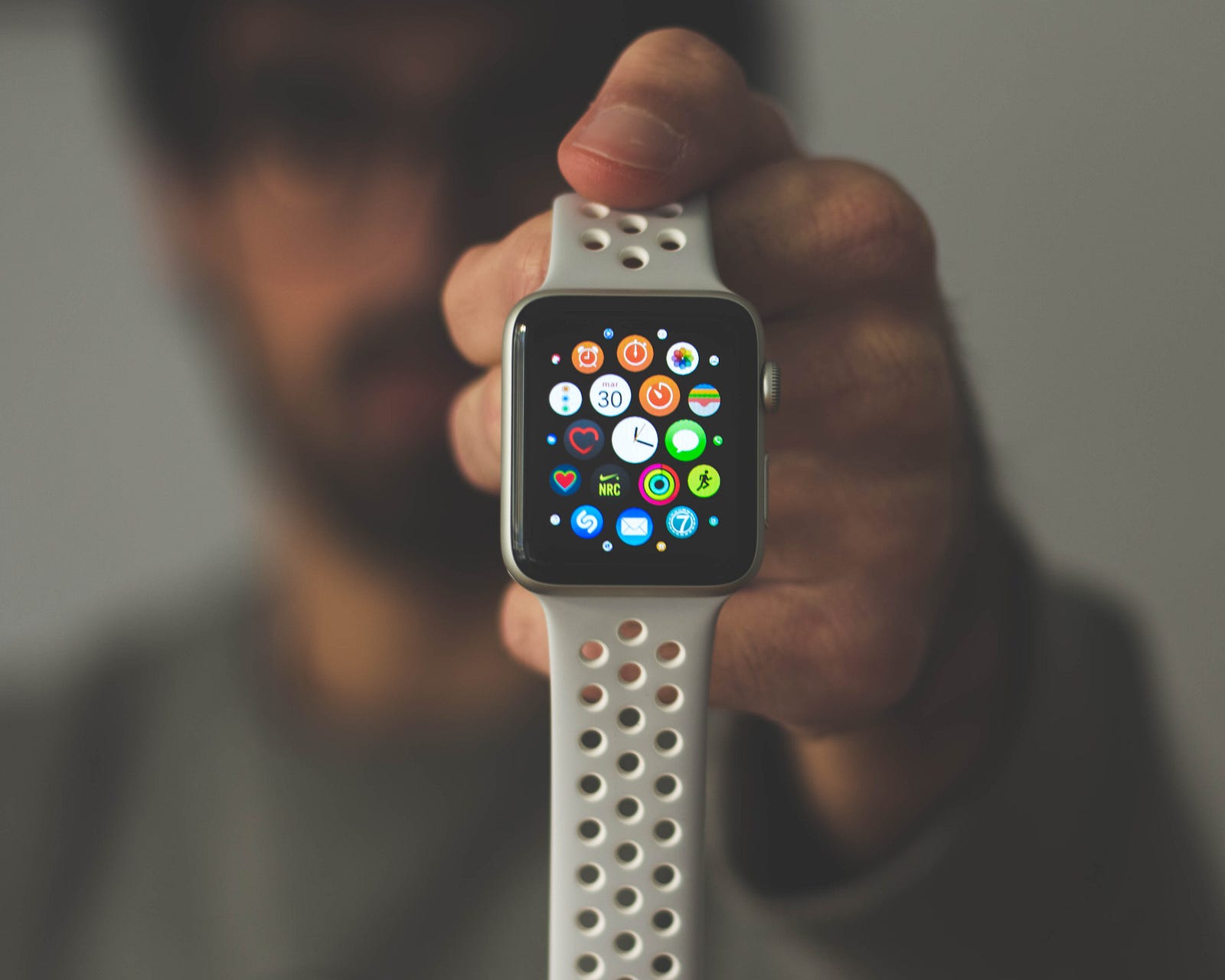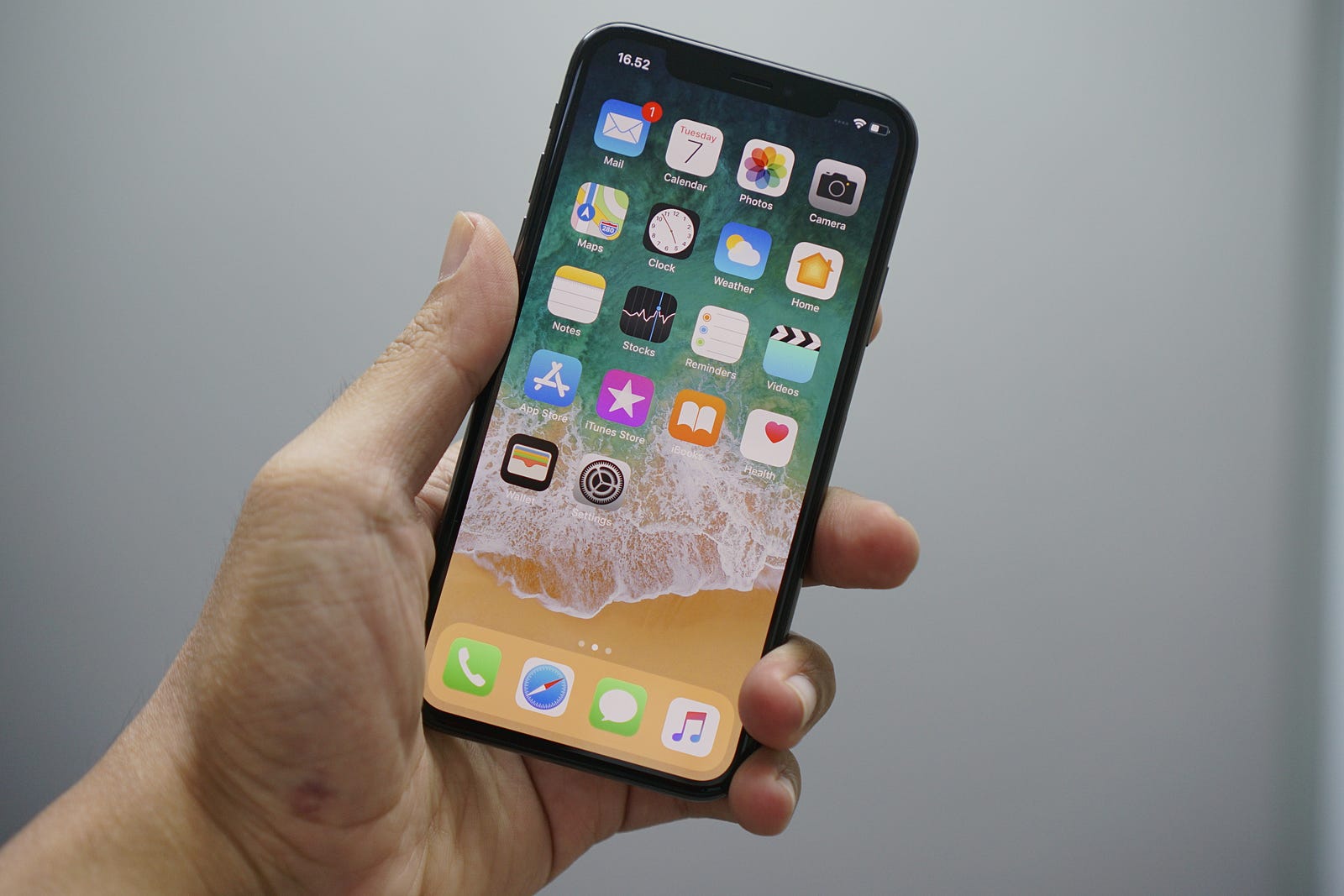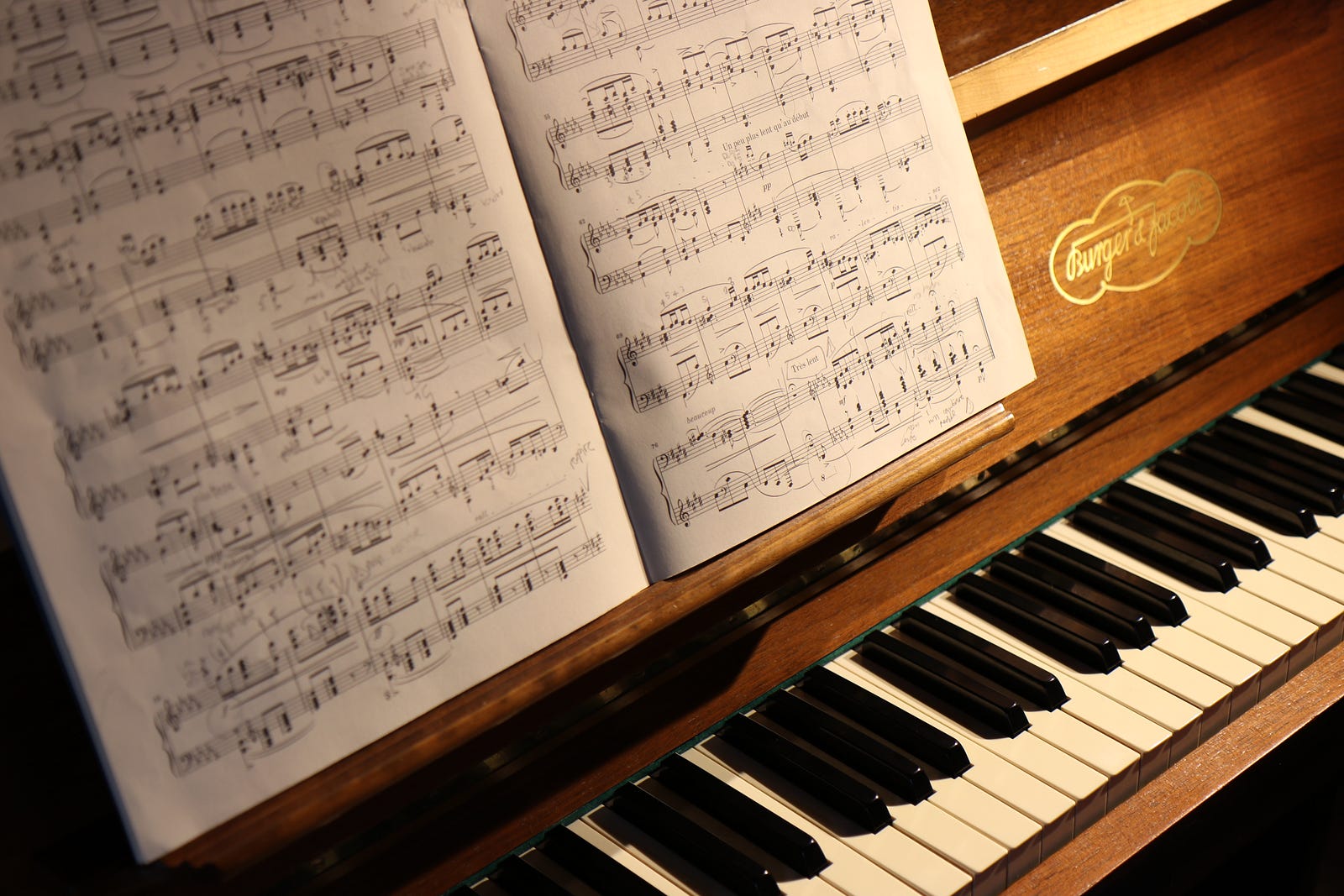The Miracle Morning changed the lives of countless people; why not yours?
Photo by freestocks on Unsplash
I was five years into retirement and knew I wasn’t making the most of every moment. I needed a plan. I wanted a change. To be more productive and creative was my goal. I found a routine that set me up to achieve my objectives.
In the fall of 2018, I discovered The Miracle Morning, a book and routine created by Hal Elrod.
Whatever your life is like right now — whether you are currently experiencing extraordinary levels of success, enduring the most challenging time of your life, or somewhere in between, I can say with absolute certainty that The Miracle Morning is the most practical, results-oriented, and effective method I have ever encountered for improving any — or quite literally every — area of your life, and doing so faster than you may even believe is possible. — Hal Elrod.
Practicing the Miracle Morning changed my life. This is not a small thing.
I had been floundering in the morning and without focus. Now I knew what I would do and didn’t need to think about it.
I now have direction, purpose, and enthusiasm as I greet each new day.
This article suggests how to use a modified version for days you cannot spare the time for all of the steps.
For more in-depth information, I wrote an article about The Miracle Morning published on Medium on October 5, 2021, entitled This Simple Morning Routine Helped Prepare Me for My New Sober Life.
This is how your morning will look.
Your morning will revolve around the acronym S.A.V.E.R.S.
- The S is for Silence, either reflection, meditation, or inner prayer. The choice is yours. If you like to watch your breath, that is fine, too.
- A is for Affirmations. Either silently or aloud, affirm what you want to achieve for the day or the long term. Simply seeing the end result will not work. You must state how you will achieve your vision.
- V is for Visualization. Picture yourself walking through the world the way you want to be seen, heard, and live. I often combine my affirmations with visualizations.
- E is for Exercise. You decide how much time you want to spend. Hal suggests 10 minutes of jumping jacks to get you warmed up. I usually exercise after completing the other practices.
- The R is for Reading. I always pick a book that will motivate me to excel or a spiritual work that is enlightening. This reading must be pleasurable — not something that your work position requires from you.
- S is for Scribing (or journaling). I love this part. It’s where I pour out my dreams, plans, and complaints. Get them on the page where you can see them and work on them.
Scaling back
The entire process takes about an hour. On days you are pressed for time, feel free to postpone one or more of the practices until you have time later in the day.
You can always use your weekends to do the one-hour version.
Some days you may only have 15 minutes to spare for the Miracle Morning routine.
I suggest not skipping Silence. This is how we calm ourselves before jumping into our day. Meditation, concentrating on the breath, or whatever method you choose is a gentle way to begin.
Writing (Scribing) takes more time for me, and often I will wait until after exercising for 30–60 minutes to hit my journal.
You may find that getting up earlier to use the Miracle Morning method is initially uncomfortable. Most new ideas take a bit of time to become comfortable.
Again, remember — you work this program in any way that seems best. The beauty is it’ll still work even if you only have six minutes.
Give each SAVER one full minute. If later in the day you find time to give additional SAVERS more attention — go for it.
You could also try working on one of the SAVERS a day until you get accustomed to it. Add a new one when you feel ready.
Customize this routine in any way that works for you. That is the beauty of this program. One size does not fit all.
You will see how implementing the Miracle Morning into your routine will renew, motivate and bring creativity into your day. Plus, you’ll find you are more productive and have more time, not less, to do what brings you joy.



